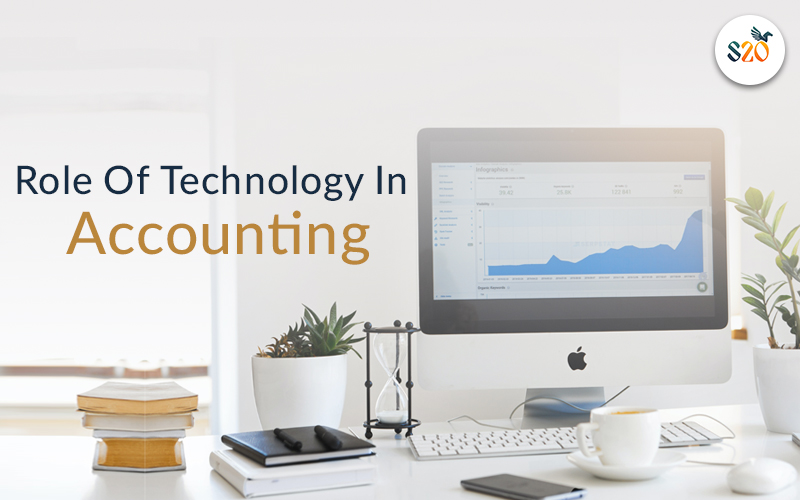Introduction
The way taxes are collected in India changed a lot in 2017 when they started using the Goods and Services Tax (GST). A crucial part of this system is the SGST, which is an important idea taught in a course on GST in Ahmedabad. This piece of writing will analyse the definition, advantages, and usefulness of SGST and show how a comprehensive understanding can be achieved by taking a specialised GST class.
Section 1: Understanding the Abbreviation – The Complete Meaning of SGST
SGST is an acronym that represents the tax imposed by the state on goods and services. It is called the GST component which is applicable to the supply of goods and services within a state, and it is collected by the government of that state. The money earned from SGST is deposited into the state’s treasury where the products or services are purchased.
A course on GST in Ahmedabad teaches students about the different parts of GST, such as SGST, and how to calculate and use them.
Section 2: Comprehending SGST – What is its Significance?
The GST is a tax on goods and services that replaced other indirect taxes in India. The GST system has two parts: CGST and SGST.
When a trade happens within a state, both the Central Goods and Services Tax (CGST) and State Goods and Services Tax (SGST) are applicable. The main governing body gathers CGST, whereas the corresponding regional governing body gathers SGST. This two-part system guarantees an equitable distribution of tax income between the national and regional administrations.
To learn about SGST, the GST Course in Ahmedabad provides students with a complete understanding of the GST system, including how SGST works and how it interacts with other parts of GST.
Section 3: Use of SGST – When and in What Situations Is it Relevant?
State Goods and Services Tax (SGST) is levied when the sale of goods or services takes place within the geographical limits of a particular state. During these transactions, the vendor obtains CGST and SGST from the purchaser. The part of the tax called CGST is given to the government at the centre, while the part called SGST is given to the government of the state.
If a company in Ahmedabad sells products to a seller within Ahmedabad, both Central GST and State GST will be charged on the transaction. Calculating taxes and implementing them correctly is a crucial aspect of the GST Course in Ahmedabad’s syllabus.
Section 4: SGST Advantages – Benefits to the Economy and Buyers
The use of the SGST system has advantages for both the economy of the state and for buyers.
- Before, taxes were added at each step of the supply chain without accounting for the tax paid in previous steps, causing a cascading tax effect. The SGST, CGST, and IGST work together to create a smooth tax credit process from start to finish.
- SGST is an important way for state governments to earn money that they can use to improve infrastructure and provide public services.
- The SGST system aims to reduce tax evasion and promote compliance by operating and administering transparently.
- Reduced Taxes: The implementation of SGST and GST has led to a fair distribution of taxes between the Centre and states, resulting in lower taxes for consumers.
Section 5: The Importance of GST Training in Ahmedabad for Comprehending SGST
To fully comprehend SGST and how it operates, it can be highly advantageous to register for a detailed GST programme, such as the GST Course in Ahmedabad.
- Comprehensive Comprehension: This class provides a thorough comprehension of the GST system, which encompasses SGST. The text explains SGST, when it is used, how it is computed, and its advantages for the economy and buyers.
- Useful Knowledge: In addition to teaching theory, the class focuses heavily on hands-on experience. It teaches pupils how to compute SGST and include it in financial documents and bills.
- Using GST Software: As tax filing processes become digital, it’s important for finance professionals to be skilled in using GST software. The course in Ahmedabad teaches students about software applications that help them handle digital tax processes effectively.
- Comprehension of GST Regulations: The programme provides a summary of the different regulations and laws linked to GST, such as the SGST Act. This information is important to make sure that companies follow these regulations.
Section 6: SGST – An Employment Outlook
Comprehending the details of SGST and the wider GST system provides various job prospects. Since the implementation of GST, there has been an increase in the need for experts who have knowledge of GST conformity.
- Tax Advisor: Businesses, particularly small and medium-sized enterprises, sometimes need assistance from tax advisors to manage their tax matters. Experts who possess extensive knowledge of SGST and GST can offer useful advice to companies.
- Tax Auditor: Knowing SGST is helpful for tax auditors, who must verify if the company paid the accurate tax amount, including SGST.
- Trainer: Businesses need help understanding GST and want trainers to teach their staff about it, including SGST.
A course on GST in Ahmedabad is a good way to begin a career in related fields. It equips individuals with the required knowledge and abilities.
Chapter 7: After SGST – The Effect of GST on the Economy of India.
Although SGST is an essential part of GST, it’s crucial to understand the overall effect of GST on the Indian economy. The GST has brought together the previously divided Indian market, simplifying business transactions between states. The tax system is now easier, more people follow the rules, and the government gets more money.
Section 8: Continual Modifications and Revisions to the SGST Law
The system of GST, which also includes SGST, is subject to change. It keeps changing with input from different people involved and the shifting financial situation. For example, the charges for SGST, CGST, and IGST are frequently evaluated and modified according to the suggestions of the GST Council.
Keeping informed about these modifications is essential for individuals working in finance. A course on GST in Ahmedabad helps students learn the necessary skills to keep up with changes in GST. This helps them to navigate the ever-changing world of GST more effectively.
Section 9: Computerization and State Goods and Services Tax (SGST) – Importance of Technology in Taxation
The application of GST, which includes SGST, is mostly computerised using the GST website. It has improved the whole procedure by making it quicker, more visible, and simpler to handle. Finance experts must learn about this electronic platform.
The course on GST in Ahmedabad offers practical learning of this technology. The programme teaches pupils how to utilise the GST website to perform different activities like submitting forms, paying fees, and resolving inconsistencies.
Section 10: State Goods and Services Tax (SGST) and Comparing Across Countries.
When talking about SGST and GST, it’s helpful to look at how other countries handle similar taxes. Several nations have adopted a type of tax known as GST or Value Added Tax (VAT). We can learn from other countries by examining how they implement their GST and SGST models and apply those insights to India.
The course on GST in Ahmedabad teaches students about indirect taxation by comparing it globally.
Final thoughts: Investigating SGST via a GST programme in Ahmedabad.
To sum up, SGST has an important part in India’s two-fold GST structure. It made tax collection more efficient, decreased the tax layering effect, and gave state governments a major source of income.
To gain a thorough understanding of SGST and how it can be applied, it is recommended to enrol in a comprehensive course on GST, such as the one offered in Ahmedabad. This class teaches about the concepts, real-world uses, and latest advancements in SGST and the wider GST system.
Knowing about SGST and GST can help people with their personal and business transactions. It can also create job opportunities in finance and taxation. As companies deal with the constantly changing GST environment, experts who can assist them in navigating this process will be in high demand.
By enrolling in a GST programme in Ahmedabad, you will gain knowledge and skills that can lead to various opportunities. It’s not just about learning SGST. Come and join this world and leave your impression!
















